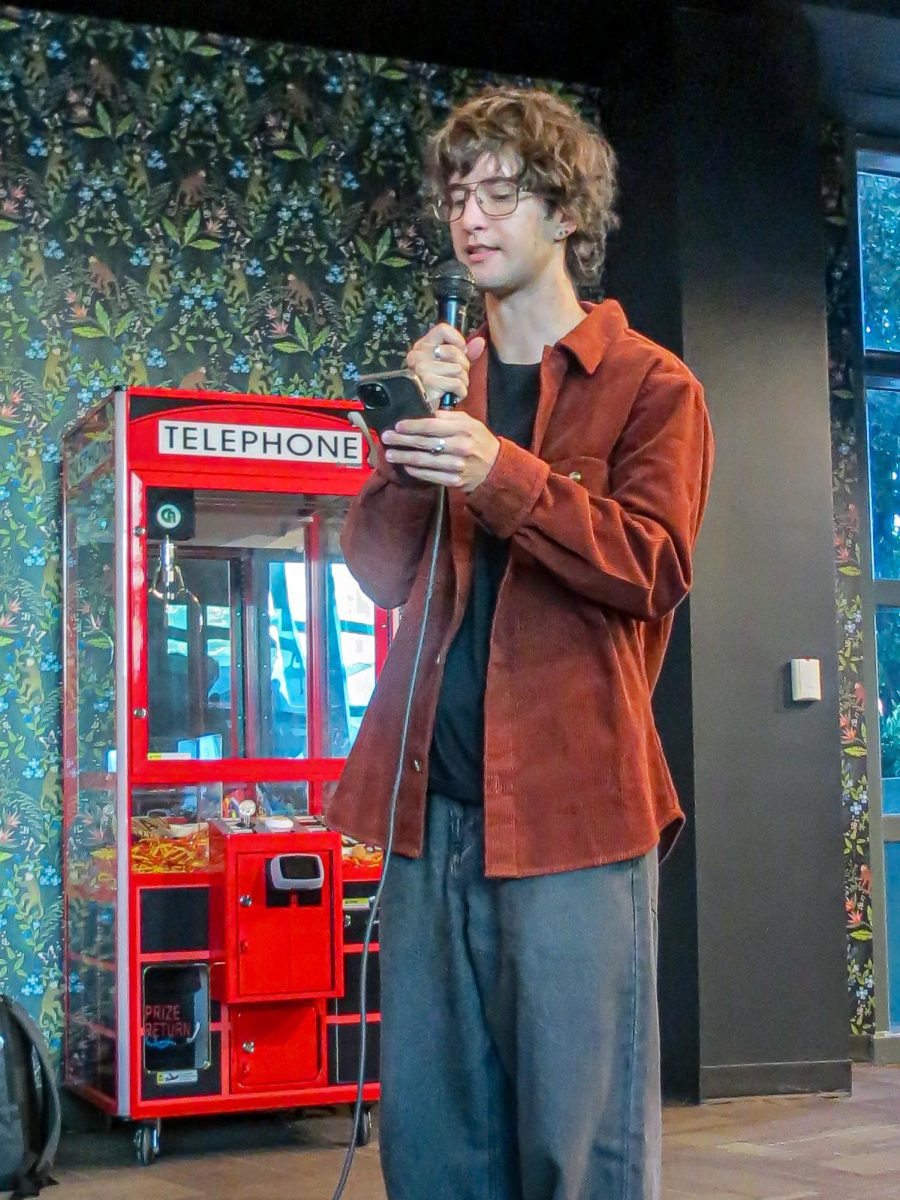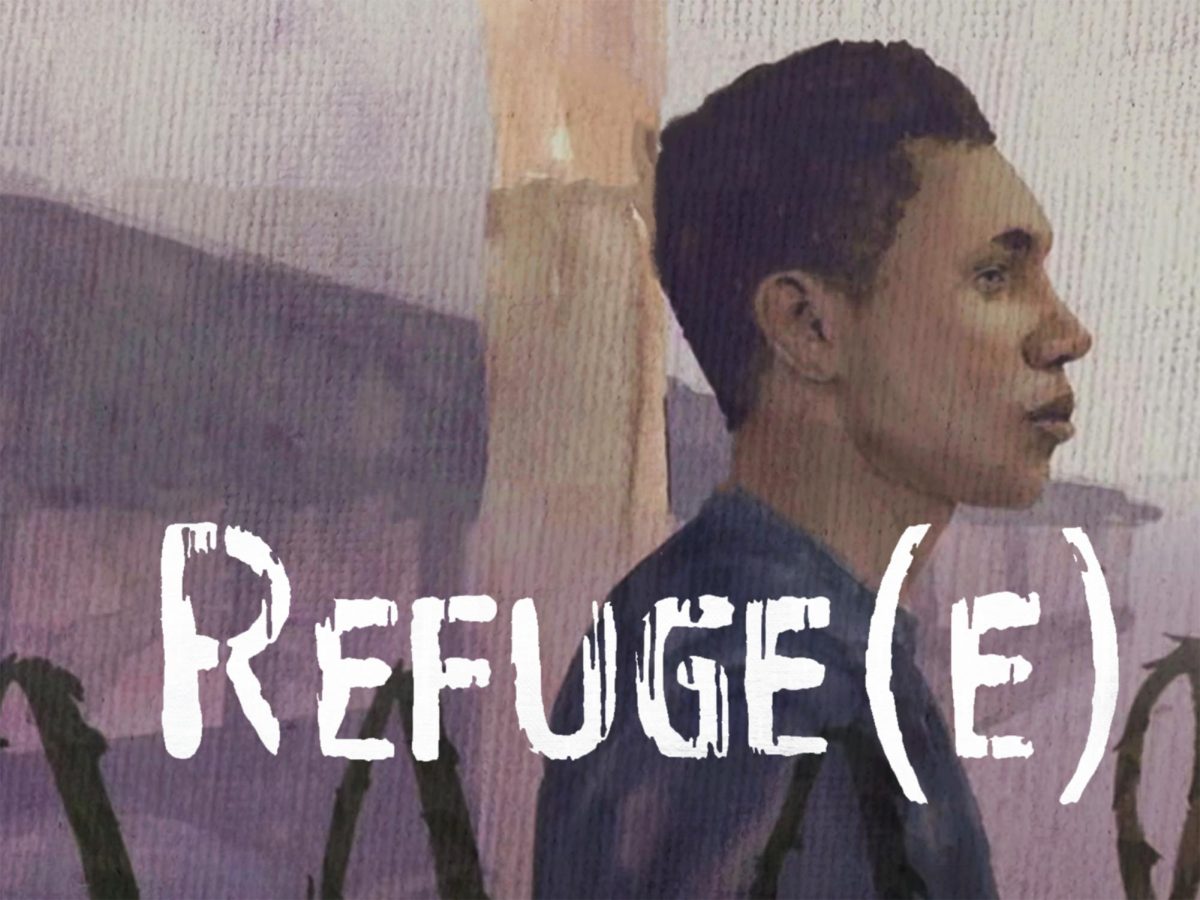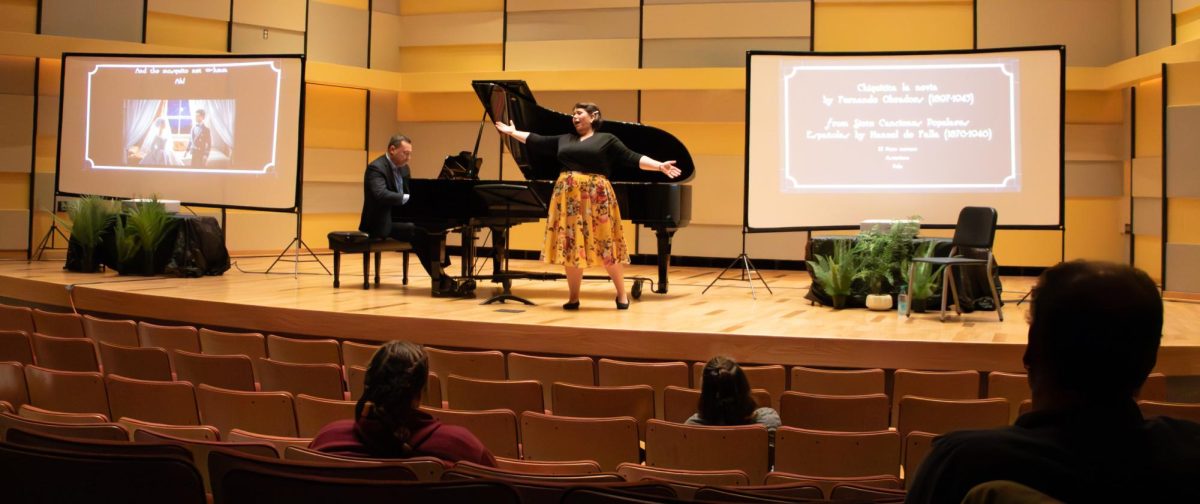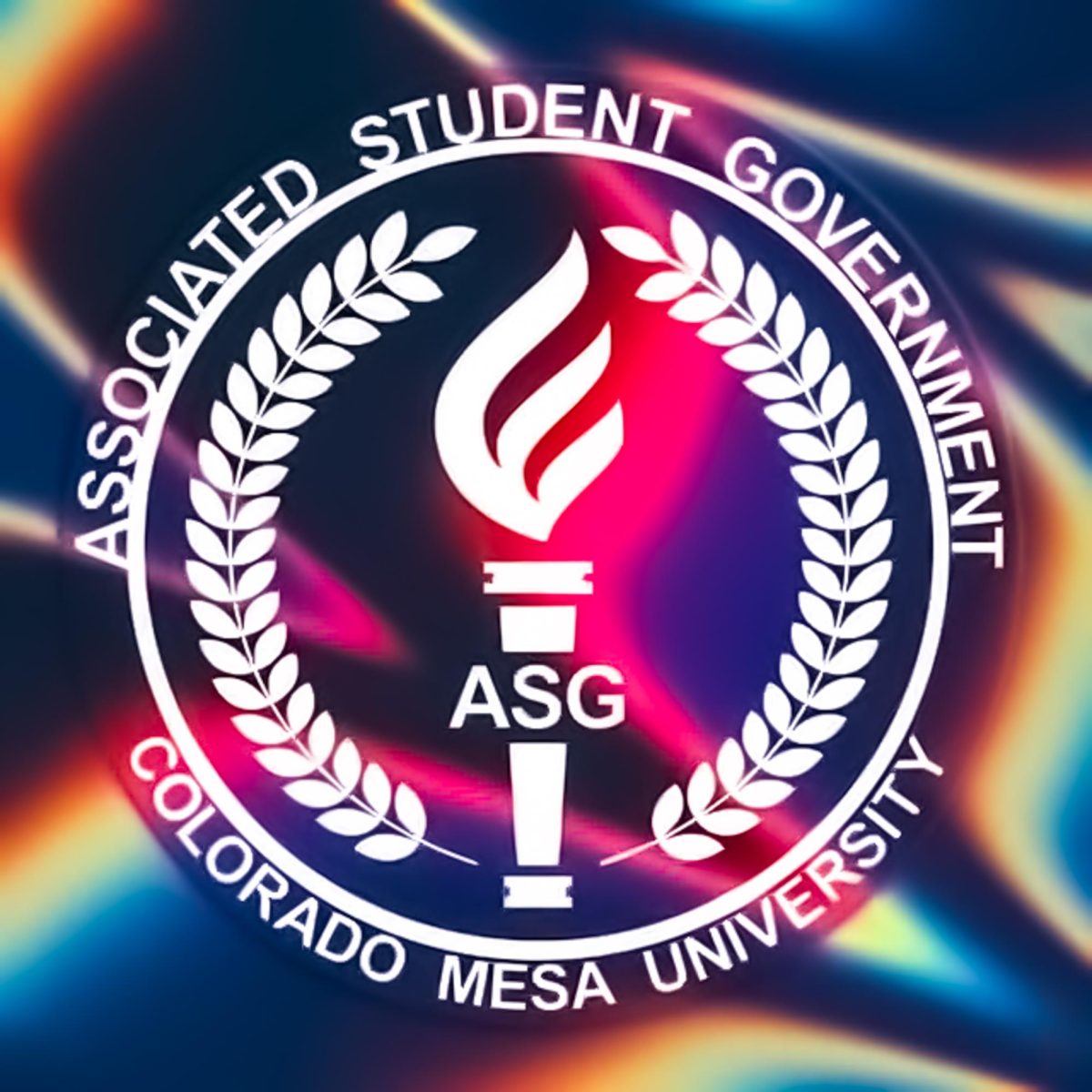Artificial intelligence (AI) imaging was confirmed to be used in Colorado Mesa University (CMU) Tech’s visual marketing during a recent ad campaign.
The conversation around artificial intelligence (AI) has sparked mass controversy, with its inclusion in coursework threatened with academic failure.
Vice president for communications David Ludlam revealed that the visual representations incoming students see on the CMU Tech website are AI creations.
These images are a part of CMU’s Success Starts with Heart campaign and intend to exemplify the value of hard work.
“We’re a human scale university [and] are building a model of the world we want to create. The way that we answer [this question], as an institution, is with our seven values. We thought, how do you catapult that into viable marketing?” said Ludlam.
AI promotional materials on the CMU Tech website are the only representations of the heating, ventilation and air conditioning (HVAC) program students will encounter. In addition to the HVAC program, culinary arts degrees use similar advertising.
When encountering these images, students report questioning the integrity and ethics of what they are viewing, instead of focusing on the content. With the addition of perceived hypocrisy from CMU’s academic department, student frustrations have grown.
“If CMU is going to enforce extensive disciplinary action for students who use AI in any facet, they should absolutely not […] employ [the] same software,” explained secondary education major Erica Kelley. “It is an insult to […] art and photography majors, especially when we think about the marketing […] available on campus.”
For the wider campus’ brand identity, CMU seeks to model the world students want to create. Since their advertising does not depict students and faculty moving towards this goal, these assets have also stirred confusion.
“A lot of the students are […] really against it,” noted film, animation and photography professor Evan Curtis. “Young artists [are] immediately going to see it as a threat they do not understand, but […] I know the graphic design students are using it well.”
Despite perceived favor among graphic design majors, the uncanny details other students notice are reminders that AI creations do not, and cannot, depict real student experiences.
CMU Tech’s central belief is the notion that anyone can see themselves in their programs. As a result, seeking admissions through the equivalent of a stock image has proved controversial.
“The use of AI generated promotional material is lazy and shows a lack of work ethic [from] the marketing department,” explained mass communications major Jay Nelson. “I think it takes away from what CMU […] is trying to do as a school; it takes away from the passion of marketing.”
Across Success Starts with Heart, real student depictions do persist. However, this exclusively extends to the main CMU website and only covers CMU pathways. Excluding students in the programs from CMU Tech’s promotional efforts has proved disappointing to students.
“We […] had deficiencies in where we had authentic photography […] and so, overtime, we launched different versions of the […] campaign materials,” explained Ludlam. “About [a] month ago we did […] real photoshoots of [other] programs to cycle out those AI assets with authentic ones.”
According to most classroom syllabi, AI usage prevents students from reaching analytical and creative heights. Due to this, some students continue to view the marketing department’s implementation as devoid of creativity and a waste of resources.
“Generative AI requires more resources than hiring a real artist. It is taking job […] opportunities […] [and] relies upon a pre-existing body of work to create its [content], [which] looks terrible! You are [also] saying ‘Look at the people who go here,’ and they are not even real people; they do not exist,” explained applied anthropology and geography major K. McCormack.
Degree paths CMU offers include graphic design, mass communications and marketing. Upon discovering the campaign, reactions from students in these fields, who face AI impacts daily, diverge. Amidst the chaos, marketing students have focused on positivity.
“I think AI is the new wave [and] I think [it] can be used ethically. I am also not the one to determine whether or not CMU Tech can ethically use AI photography,” joked marketing major Kyle Coughlin.
With future careers reliant on specialized knowledge of color schemes, aesthetics and visual cohesion, marketing students view AI as a tool to further those skillsets. Graphic design students notice this sentiment echoed amongst their colleagues and instructors too.
“Marketing [should] […] be aware of what an [AI] representation is going to bring about. Generally, [it is] not a bad idea, but they should know what this [conveys],” said psychology major Tom Gauweiler.
Above all else, the proposed hypocrisy of the CMU marketing department, when considered against the campus’ harsh AI policy, is the crux of this controversy. However, students ultimately identified a more pressing concern: the impression these images give off for CMU Tech at large.














